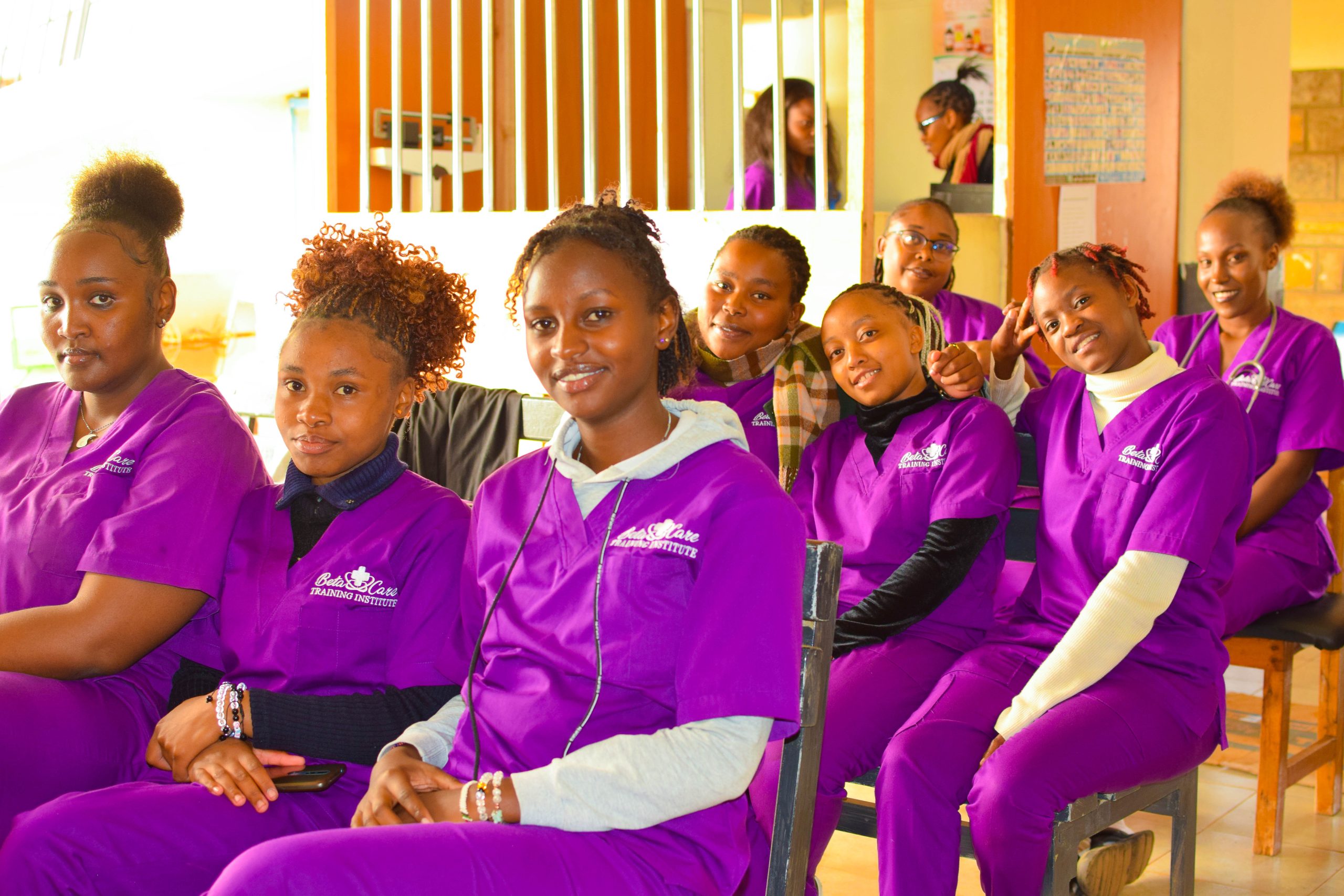Community Health Assistant Training

About Community Health Assistant
A certificate in Community Health Assistant prepares you for a fulfilling role in discharging various community health duties and contributing towards meeting the identified health needs and requirements.
Upon successful completion of your certificate in community health, students will be expected to work with NGOs and other government or private community-focused organizations to deliver essential services to the communities.
The main employers of Community Health Assistants (CHAs) include:
- Government Health Agencies
- Non-Governmental Organizations (NGOs), both local and international
- Healthcare Facilities
- Community-Based Organizations,
- Academic Institutions, particularly those with health sciences or public health programs
CHAs may serve as educators or field supervisors, training future healthcare professionals or conducting research in community health.
Course Details for Community Health Assistants
Depending on the nature of the organization, the scope of your duties as a community health assistant may include:
- Health Promotion and Education: CHAs educate individuals and communities about various health topics, including disease prevention, hygiene practices, family planning, nutrition, and maternal and child health
- Basic Healthcare Services: CHAs provide basic healthcare services such as conducting health screenings, performing basic diagnostic tests, administering vaccinations, and managing common illnesses and injuries
- HIV/AIDS management: Community Health Assistants (CHAs) play a crucial role in HIV/AIDS management, serving as a vital link between communities and healthcare services. CHAs conduct educational campaigns and workshops to raise awareness about HIV/AIDS transmission, prevention methods, and importance of testing. They may organize mobile testing units or provide information on nearby testing facilities. CHAs also play a crucial role in linking individuals diagnosed with HIV to healthcare services, and provide emotional support and counseling to patients, helping them cope with stigma, discrimination, and anxiety. They may also connect patients to support groups or other social services.
- Data Collection and Reporting: CHAs collect data and relay information to stakeholders to inform programs and policies; document all client encounters and contracts made on behalf of clients; complete and submit monthly reports; maintain comprehensive electronic client files, such as client notes, release of information, assessments and other medical documents acquired on behalf of the client.
- Community Engagement: CHAs work closely with community leaders, organizations, and stakeholders to identify health priorities, develop health programs, and advocate for the health needs of the community.
By serving as trusted members of their communities and building strong relationships with individuals suffering from various diseases, CHAs contribute significantly to improving access to care, reducing stigma, and ultimately saving lives.
Where do CHAs work?
Community health assistants (CHAs) often work with vulnerable populations, like the elderly, low-income families, or those in remote areas, as well as other groups of people such as:
- Individuals with chronic health conditions: CHAs can provide education, support groups, and medication adherence programs for people managing diabetes, heart disease, asthma, and other chronic conditions.
- Pregnant women and new mothers: CHAs can offer prenatal education, breastfeeding support, and connect mothers with childcare resources.
- School children and adolescents: CHAs can deliver workshops on healthy eating, sexual health education, and mental health awareness in schools.
- People at risk for specific health issues: CHAs might target outreach programs towards populations more susceptible to certain diseases, like HIV/AIDS prevention or tobacco cessation programs for smokers.
Course Details
An individual entering this course should have any of the following minimum requirements:
- Kenya Certificate of Secondary Education (KCSE) Certificate (D- minus and above)
Or
- Equivalent qualifications as determined by Kenya National Examinations Council (KNEC)
An individual entering this course should have any of the following minimum requirements:
- Kenya Certificate of Secondary Education (KCSE) Certificate (D plain and above)
Or
- Community Health Assistant Level 4 Certificate
The duration of Community Health Assistant course is:
- One year – for certificate (level 5), which requires grade D plain and above
- Six months plus attachment – for artisan (level 4), which requires grade D- minus
There will be:
- Continuous internal assessments coordinated by BCTI
- External Competence assessment at completion of course coordinated by TVET CDACC
You must undergo an industrial attachment for a period of 3 months in a recognized hospital.
If successfully completed, the candidate will be awarded a certificate by TVET CDACC and Beta Care Training Institute during graduation.
Students who have successfully completed their Certificate program can choose to advance to Diploma in Community Health and Development for 2 years.
9,000 per month or 27k per Trimester. This includes
- Bed and mattress
- 3 meals a day (breakfast, lunch and supper)
- 2 teas (10 am and 4 pm)
- Free WiFi
- Hot showers
- Good security
Your application will not be processed before the payment is received.
The 1,000/- application fee should be paid through Direct Deposit to:
- Bank: Co-operative Bank
- Branch: Githunguri
- Account name: Beta Care Training Institute
- Account no: 1192538722900
You can also pay via Lipa na M-Pesa; Paybill
- Business number: 400222
- Account number: 7229#ID No
